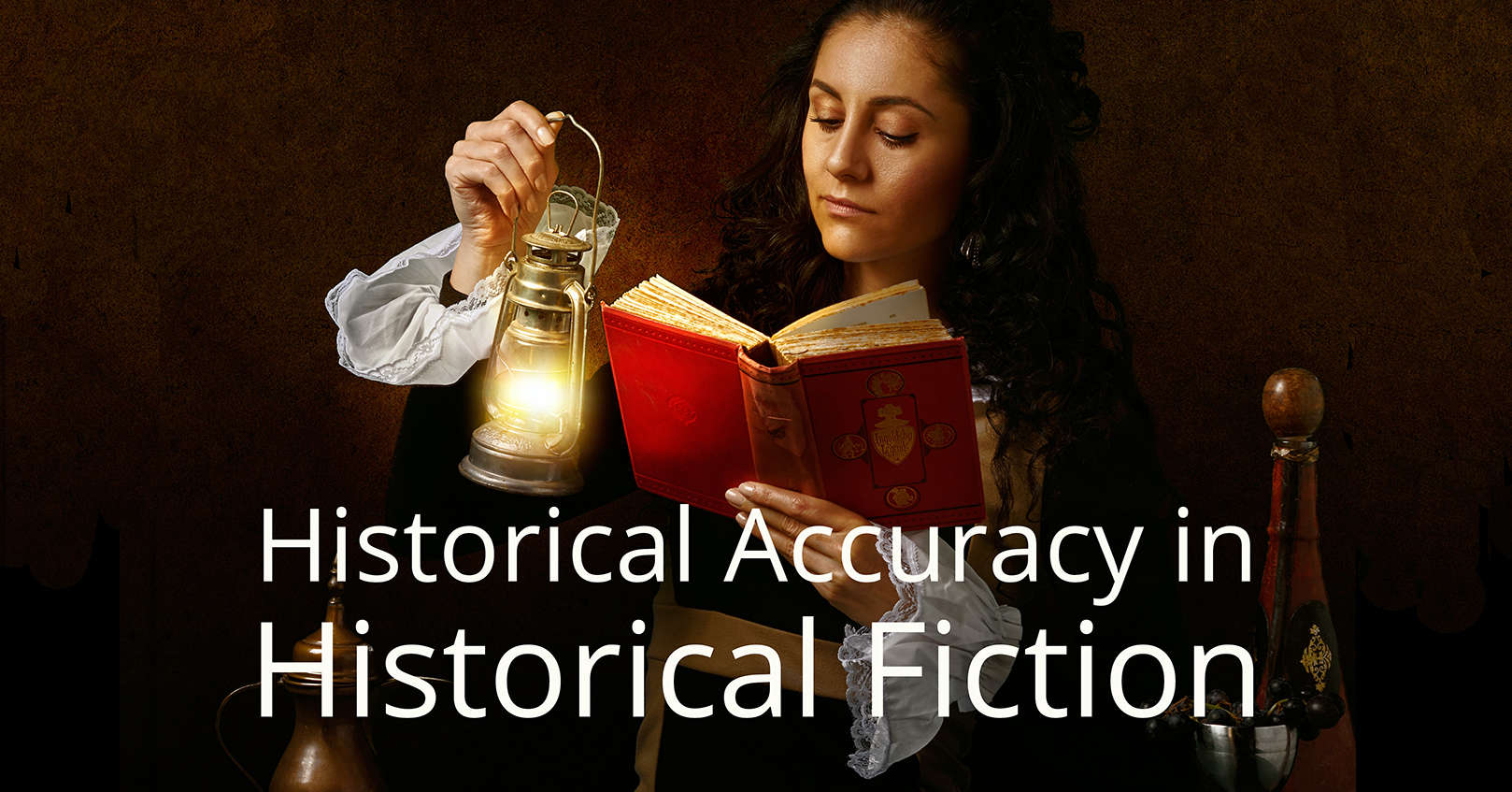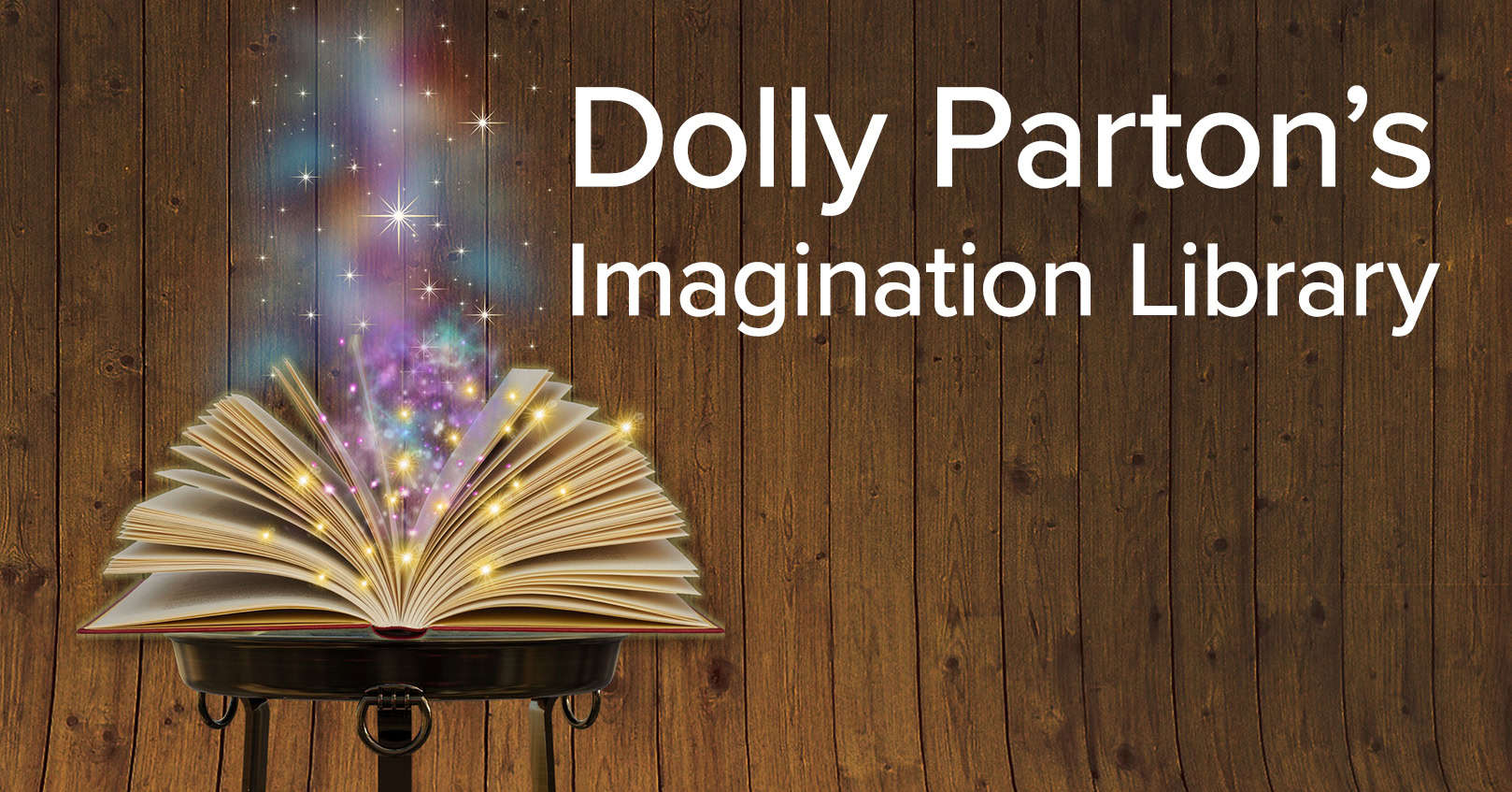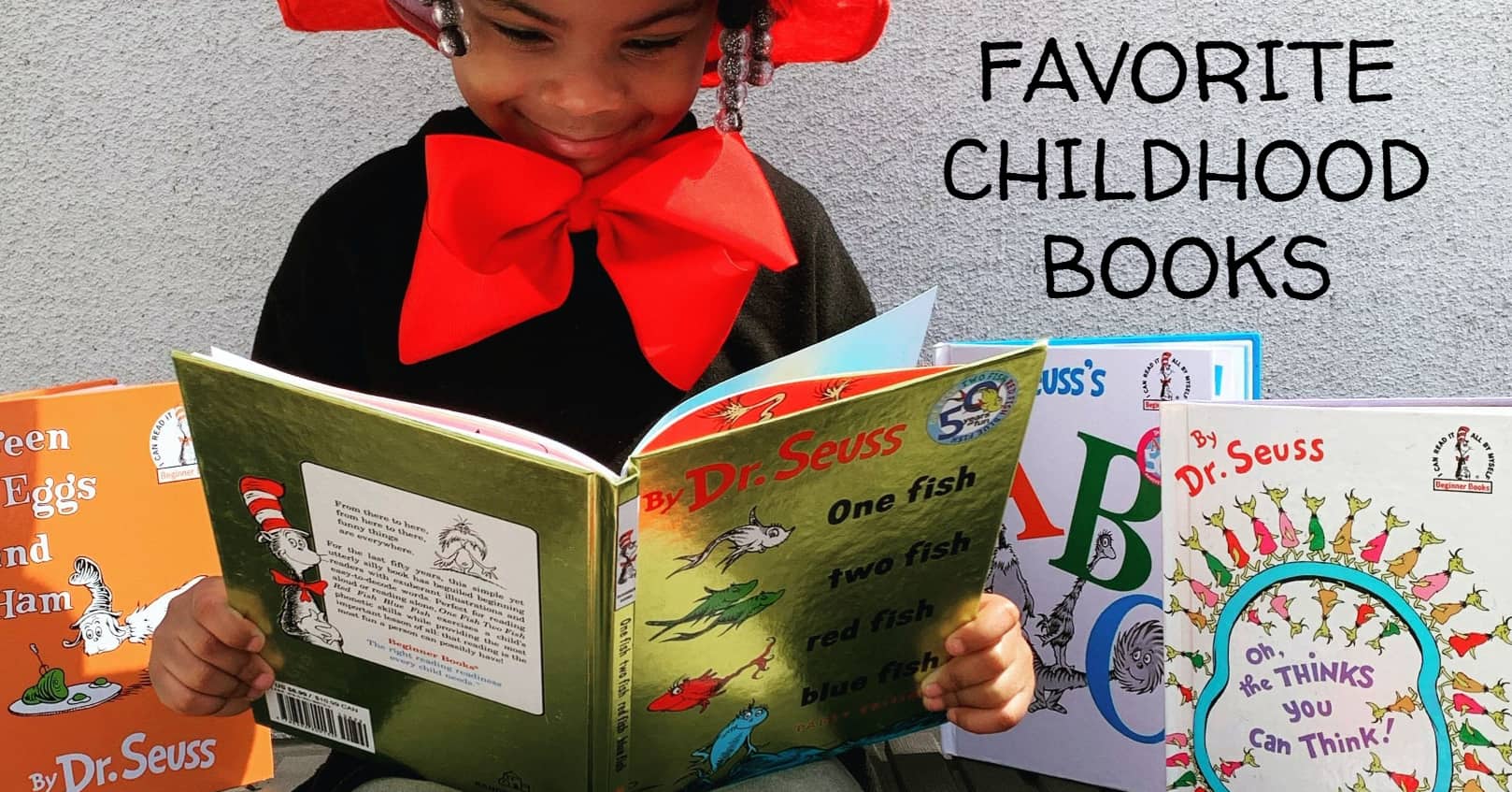
As a reader, are you assuming that the historical fiction you are reading is accurate? Do you care?
I’m assuming there are people are going to answer yes to both questions, and people who are going to answer no to both or one of the questions. But I’ve never understood why some readers bother to read historical fiction if they aren’t interested in the history—and in its accuracy.
The reason I write historical fiction is that I adore history. I don’t even read historical fiction. I read biographies. I just finished a couple of biographies of Napoleon Bonaparte. When I finish reading Jane Austen’s Mansfield Park right now (I write Austeneque fiction when I’m not writing historical fiction or historical dance textbooks), I have to decide between Ron Chernow’s biography of Washington, Mary Chestnut’s Civil War diary, and David McCullough’s books on Teddy Roosevelt or the Panama Canal. I’m writing this after having spent the day hiking Cumberland Gap, and spending dinner talking over the way in which one needs to SEE the terrain to truly understand events in history. Seeing where events actually took place makes a lot more sense of them.
The role of historical fiction is to bring history to life for readers, some of whom may have had history teachers in high school who made the subject seem dull. To me, there is a sacred trust between a writer and a reader. A writer needs to stay true to the characters. When readers get irate because the writer went off on some wild tangent, there can be a lot of dismissive language about “those crazy fans.” Well, readers aren’t stupid. As soon as a writer treats people as if they’re stupid, some stupid things get written. And the writer deserves all the ire for having broken faith with the readers.
That sacred trust for historical fiction writers includes staying true to the times in which the story is set. Why write a story set in a particular place and time, and not put in the work to honestly represent that place and time?
I have read some disgustingly BAD historical fiction from traditional publishers. All they seem to care about is whether the first chapter has the right cliffhanger “hook” so that people will keep reading, and it needs to be a certain length, and it needs to be in the era they think is selling well this year. My favorite example: I read this meandering story that turned into a murder mystery about halfway through, about a woman who had borne an illegitimate child to President Grover Cleveland. The author thought that, since the telephone was patented in 1876, by the 1880s, women all had telephones in their homes and were calling up to gossip, and let a mother know her daughter was on her way home.
Wrong.
I only choked down the rest of the book (which never got better) because I was so angry that publishers pass over carefully crafted, thoroughly researched historical novels, such as my novel set in Pittsburgh between 1875 and 1889, but this piece of schlock got published.
Well, there are those out there (cough, Hollywood) with low standards who say “So what if we lose all the [Fill in the blank]s in the audience.” I don’t need to be one of them. I’ve watched those speakers make fools of themselves because they forget that people aren’t stupid. And I see no need to take the intellectually lazy shortcut, and not bother to do my homework because “no one is going to know” that the breed of dog I wrote about in the book didn’t exist in 1878. I’m not going to insult all the dog lovers who read my book.
My first historical fiction novel, Wealth and Privilege, is filled with little details that required research. I almost used a Pekingese in the story . . . a breed that did not exist in the 1870s. In the course of telling a story set in Pittsburgh between 1875 and 1889, there was a financial depression, a railroad riot that burnt down the entire center of the town, a mill explosion, a Presidential assassination, and the catastrophic Johnstown Flood. Women’s clothing started with bustles, then lost the bustle, and men saw a woman’s natural figure for the first time since the early 1800s, and then the bustle came back, bigger than ever.
History is full of fascinating events like these. My most recent novel, set in 1815 inside Jane Austen’s universe, is when Napoleon has escaped from Elba, and is looking to return to power. The British lose to the Americans in the Battle of New Orleans. The volcano Mount Tambora erupts so forcefully, 1816 will be called The Year Without a Summer. The Battle of Waterloo is fought. Franz Shubert is publishing copious amounts of music. Beethoven presents his first new sonata in five years.
The history, unadulterated with any “improvements” on my part, is a heart-stopping roller coaster ride. My research was copious and extremely rewarding, and my characters’ stories are a matter of surviving from one crisis to the next. Weaving a love story in there? That was the easy part. But every bit as satisfying for me—and my readers. There is no part of the story that requires me to break the sacred trust between writer and reader and mess with history in order to stay true to the characters. In fact, the history and the characters are bound together. You can’t diminish the one without hurting the other.
How do you feel about accuracy in historical fiction? What’s the funniest (or most painful) historically inaccurate situation you’ve read about in a historical fiction novel? Let me know in the comments below!
Happy reading.
















I’ve been a long-time reader of historical romance, favorite genres including Regency, Scottish (any time period), and Victorian. I used to review a lot of books, but I became so disenchanted by poorly researched books. One of the most egregious I remember was a Regency book that had a passenger railroad going from London to the far north! One recently read book spoke of “Highland County” in Georgian Scotland. Ack Other things that drive me crazy: the lack of time-appropriate manners and heroines whose sensibilities align with modern times, not their own. Even if a person could be considered progressive in their day, as I believe Jane Austen could be, she would only be a few steps ahead of her contemporaries, not 200 years ahead of her time.
Can we also discuss covers? Clothes rarely seem appropriate… and don’t get me started on modern hairstyles and makeup on supposedly historical women!
I hate historical inaccuracy in books but it seems from online reviews that the majority of readers don’t care. Of course most of them don’t appear to care about spelling and grammar either, so online reviews are not usually very helpful.
I love James Michener books because he tells great stories and I always feel great confidence in the historical accuracy of his books.
I’ve basically given up on the whole Regency Romance genre, because so few current authors have any interest in portraying anything accurately. Georgette Heyer researched everything, from they fabric of the clothes people wore to the crazy names aristocratic, young men gave their racehorses. In a Heyer novel you know that details about historical figures and the progress of the Napoleonic Wars will be correct.
For some of us, even escapist fiction isn’t an escape if it’s not grounded in fact.
I review books, and hate giving poor reviews, but I will tell the truth! My questions are, why do authors who want to push a feminist agenda, writing stories during the 18th & 19th Century? I understand that it was rare for women to be unhappy in their roles as Mother, Wife, daughters, and sisters, they we went to church, they didn’t have sex outside of marriage, they did not use profanity, to this day, I don’t personally know any females that do. I am thrilled to have read your article, I am updating my blog, because some sites will not publish my honest reviews. The distortion of history is actually lies, not the norm of the reality, were there problems? Yes, but we have moved forward, I live for a better tomorrow, not dragging people back to the problems, and I don’t believe in tearing down men, or portraying all men as evil, or abusive. It is a pleasure to meet another honest reviewer.
carolintallahassee
I totally agree about accuracy in historical fiction! It turns me off to discover “facts” presented that are inaccurate historically. History in high school was presented as dates and events, and now I love to read the why’s and reasons, unpublicized fascinating causes. Recently read an ARC that had a MAJOR error I was able to catch before publication, just by cursory research. Realize historical fiction authors have a lot of research work but hey, accuracy is paramount in my opinion.
I agree that, as a general rule, historical fiction should be as accurate as possible. That said, I was never interested in history until I read a historical fiction novel which was a great story but wasn’t quite accurate, and then I got interested in looking up the real history. I still love that book (Mara: Daughter of the Nile). Usually, though, inaccuracies drive me crazy. Fashion’s often a sticking point for me. I read one story where a character living in a time when women wore stays under their dresses managed to cut off a corset while running for her life through a woods, all without taking off any outer layers.
Oh, Jeanette, thank you so much for agreeing that there is no point in writing a historical story if one has no clue how to or has deliberately decided readers are stupid so won’t know the difference.
I am so tired of reading books that advertise themselves as ‘historical’ and reading them is, 1, like reading a 20th or 21st century story; 2, even though I can understand and in fact do expect a few benign ‘creative slip-ups’ but when the entirety of the book is just pure unresearched hack looking to dupe readers into spending their money, it is just criminal.
The worst of the lot are writers who write historical stories based on the UK’s aristocracy. These careless writers who clearly think readers are stupid spend no time learning about primogeniture and the order of British Peerage. And to add outrageous insult to severe injury, some of these writers are very, very popular ones.
Publishing houses that do publish these nonsense ought to be ashamed of themselves.
As a reader, I’ve learned to vet these books now. Many e-tailers offer sample pages of a book these days. Once I see any form of anachronism in the text or any significant historical misrepresentation, I don’t buy it. The same when I go browsing in a bookstore.
I truly wish these writers who most of the time have great storylines would execute the writing with some clear knowledge through a bit of decent research.